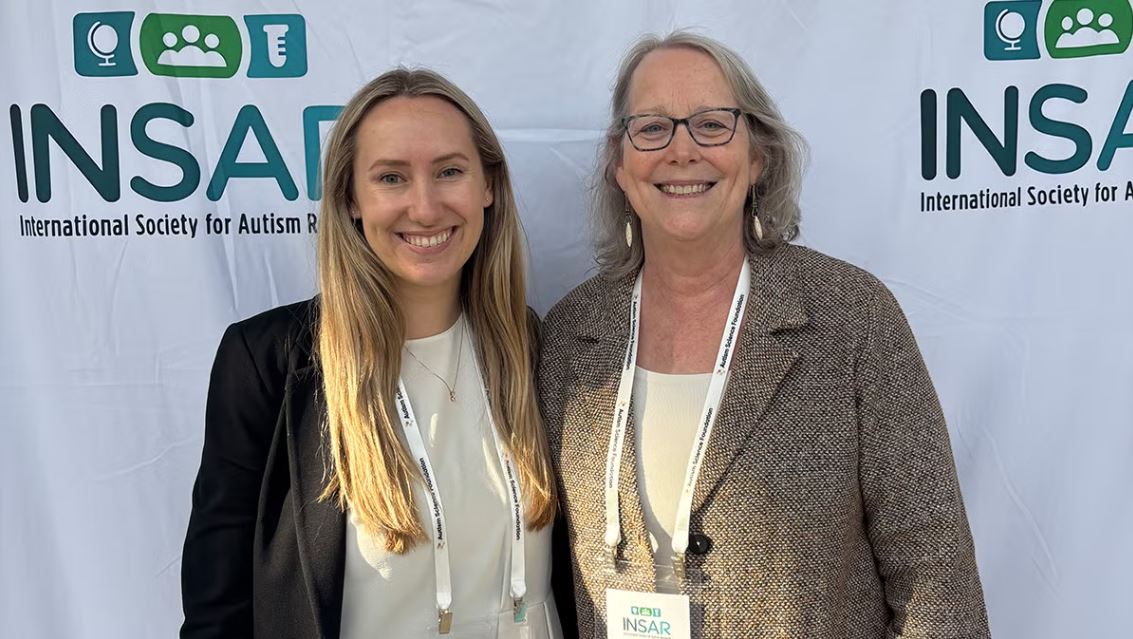Autism and Aging: A New Focus with Lifelong Impact

Autism research has traditionally centered on children—but what happens when those children grow up? As the autistic population ages, a new generation of clinical researchers is beginning to ask critical questions about how autism evolves throughout the lifespan.
One standout voice is emerging from UNC-Chapel Hill, where graduate student Claire Klein has focused her work on an often-overlooked group: older autistic adults. Her groundbreaking research on autism and aging is not only bringing visibility to this underserved population, but also reshaping how the field thinks about long-term care and support.
Klein’s academic journey began with hands-on experience teaching horseback riding to children with developmental disabilities. That early connection sparked a passion that grew into a career dedicated to understanding autism far beyond childhood milestones.
Why Aging and Autism Deserve More Attention
Today, millions of autistic individuals are entering middle and older adulthood without sufficient systems of support. Many services fall off after high school. Others assume that autistic needs plateau after childhood. But we now know autism is a lifelong condition—and those needs evolve over time.
Klein's research, shaped by her work at UNC's TEACCH Autism Program, focuses on understanding how autistic traits and challenges change from youth through older age. Her dissertation tracks developmental trajectories and highlights areas where clinical care, social services, and community inclusion often fall short.
Through international collaboration and national recognition, her work is already influencing future directions for autism services. But her message is simple: autistic adults deserve the same curiosity, compassion, and investment as children on the spectrum.
Why Lifespan Support Matters to Families
For families of autistic individuals, planning for adulthood is often overwhelming. Questions about employment, independent living, and long-term care become pressing as children grow. Klein’s research underscores the need for more resources, better transitions, and therapies that adapt over time—not just in the early years.
The future of autism support must be comprehensive, and that begins with programs designed to meet individuals where they are—no matter their age.
Lifelong Support Through Personalized ABA Therapy
At Achieve Better ABA Therapy, we believe in lifelong care that evolves with each individual. Whether your child is newly diagnosed or transitioning into adulthood, our ABA therapy in North Carolina is rooted in personalized goals, evidence-based strategies, and compassionate care.
Get in touch today to explore how our services can grow with your family’s needs. We’ll help build a long-term support plan that prioritizes independence, skill development, and quality of life—at every stage. Your child’s journey doesn’t end with childhood, and we’re here to walk beside you through it all.
Similar articles
Contact us today to learn more.

.jpg)
.jpg)


.jpg)






